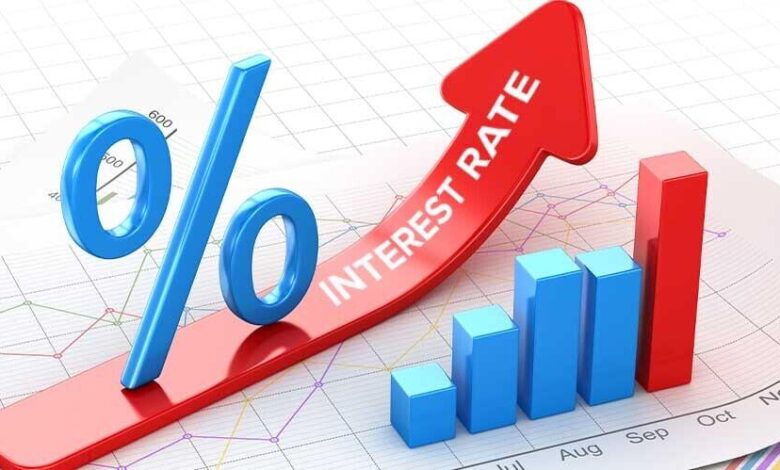
The National Bank highlighted the impact of consumer spending flexibility in the United States on the Federal Reserve’s plans to lower interest rates. The report revealed that retail sales for December saw a monthly growth of 0.6%, surpassing expectations of 0.4%. Core retail sales, which exclude automobiles, building materials, gas, and food services, also exceeded expectations with a 0.4% increase compared to the expected 0.2%.
These positive figures came on the back of strong employment and wage gains and a rise in consumer prices. As a result, the US dollar strengthened against major currencies and stocks and commodities registered gains. Contrary to the expectation of lower interest rates, investors shifted their focus to the release of robust data from the US, leading to an increase in the yields of 10-year US Treasury bonds to the highest level in over a month, reaching approximately 4.102%. Yields on two-year bonds also rose, reaching around 4.352% on Wednesday.
This market reaction reflects expectations of prolonged high inflation due to the flexible nature of the US economy. Resilient US Labor Market Shows Decrease in Unemployment Claims The strength of the US labor market at the beginning of the year was evidenced by a sudden decrease in initial claims for unemployment benefits. In the week ending January 13, initial claims dropped by 16,000 to reach 187,000, the lowest level in nearly a year. This decline, coupled with a decrease of approximately 26,000 in continuing claims during the week ending January 6, to a total of 1.906 million, the lowest level since October, indicates steady job growth in January.
These positive developments have further fueled expectations of interest rate cuts, with investors closely watching the upcoming Federal Reserve meeting scheduled for late January. UK Inflation Surpasses Expectations, Retail Sales Decline In the United Kingdom, inflation exceeded expectations in December, with the consumer price index rising to 4% on an annual basis compared to an anticipated 3.8%. This marked the first increase in inflation in over a year. Core inflation, which excludes food and energy prices, remained stable at 5.1% as expected.
However, retail sales experienced a significant decline, recording their largest drop since January 2021 due to the reimposition of pandemic-related restrictions. In December, retail sales plummeted at an alarming rate of -3.2% on a monthly basis, far worse than the expected -0.5%. The poor performance was particularly evident in food stores, which experienced their biggest decline since May 2021.
The disappointing retail sales figures raise concerns of a potential technical recession for the UK economy in late 2021. China Struggles to Rebound Amid Weak Demand and Real Estate Crisis China’s latest economic data indicates that the country is still grappling with a slow recovery from the pandemic. Weak consumer and business confidence, combined with a significant real estate crisis, have created additional economic pressures.
GDP growth for the fourth quarter of 2021 reached 5.2%, slightly higher than the 4.9% growth recorded in the previous quarter but lower than the anticipated 5.3%. Concerns about weak demand and deflationary pressures have led to expectations of additional stimulus measures by the Chinese government. These discouraging figures have also resulted in a decline in Chinese stocks, already nearing five-year lows. According to a survey conducted by China Page Book International, a real acceleration in China’s economic recovery is unlikely in the near future.




























